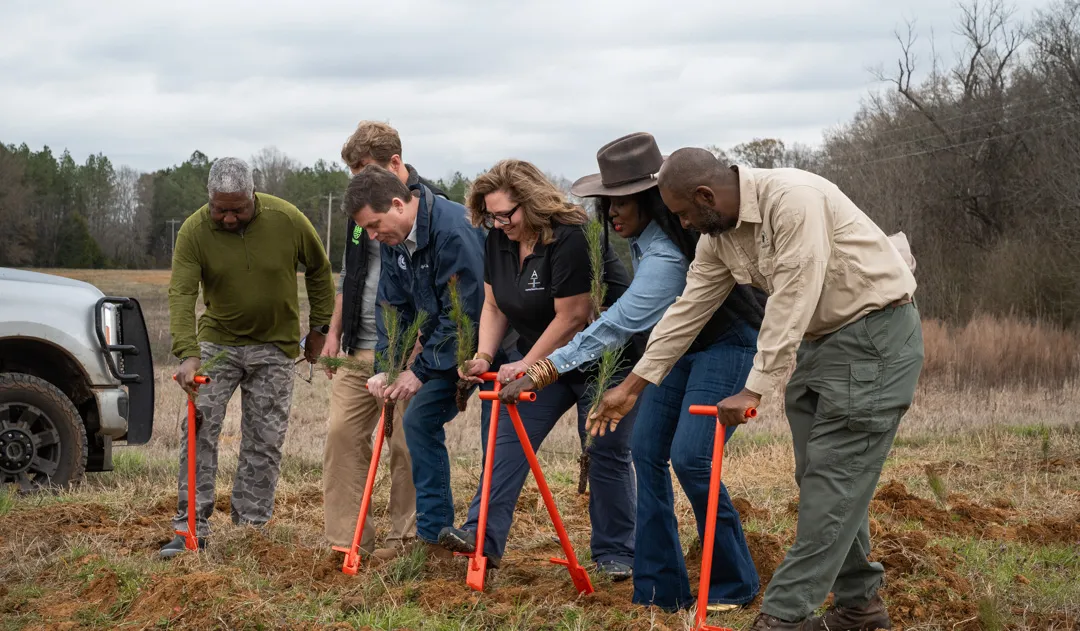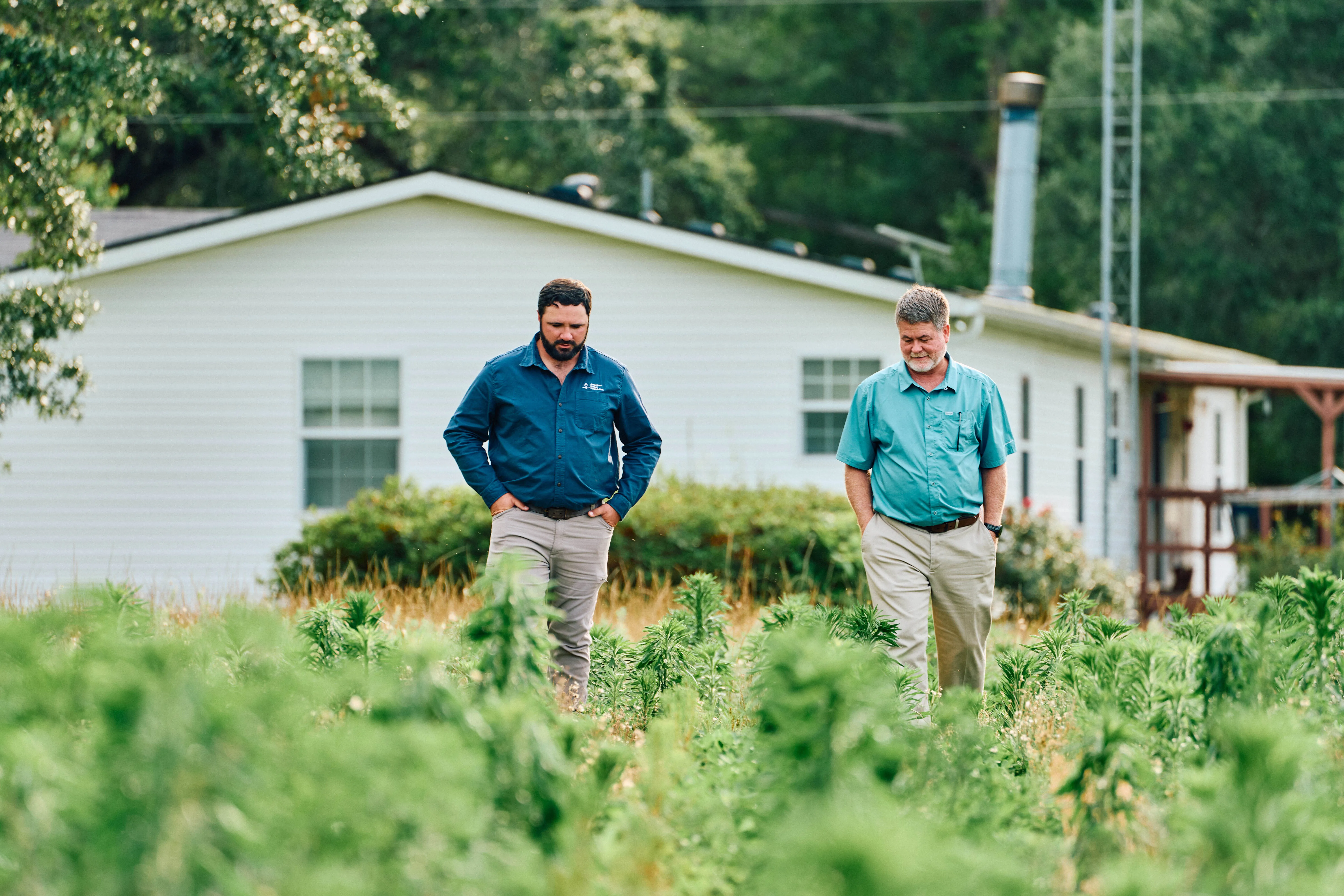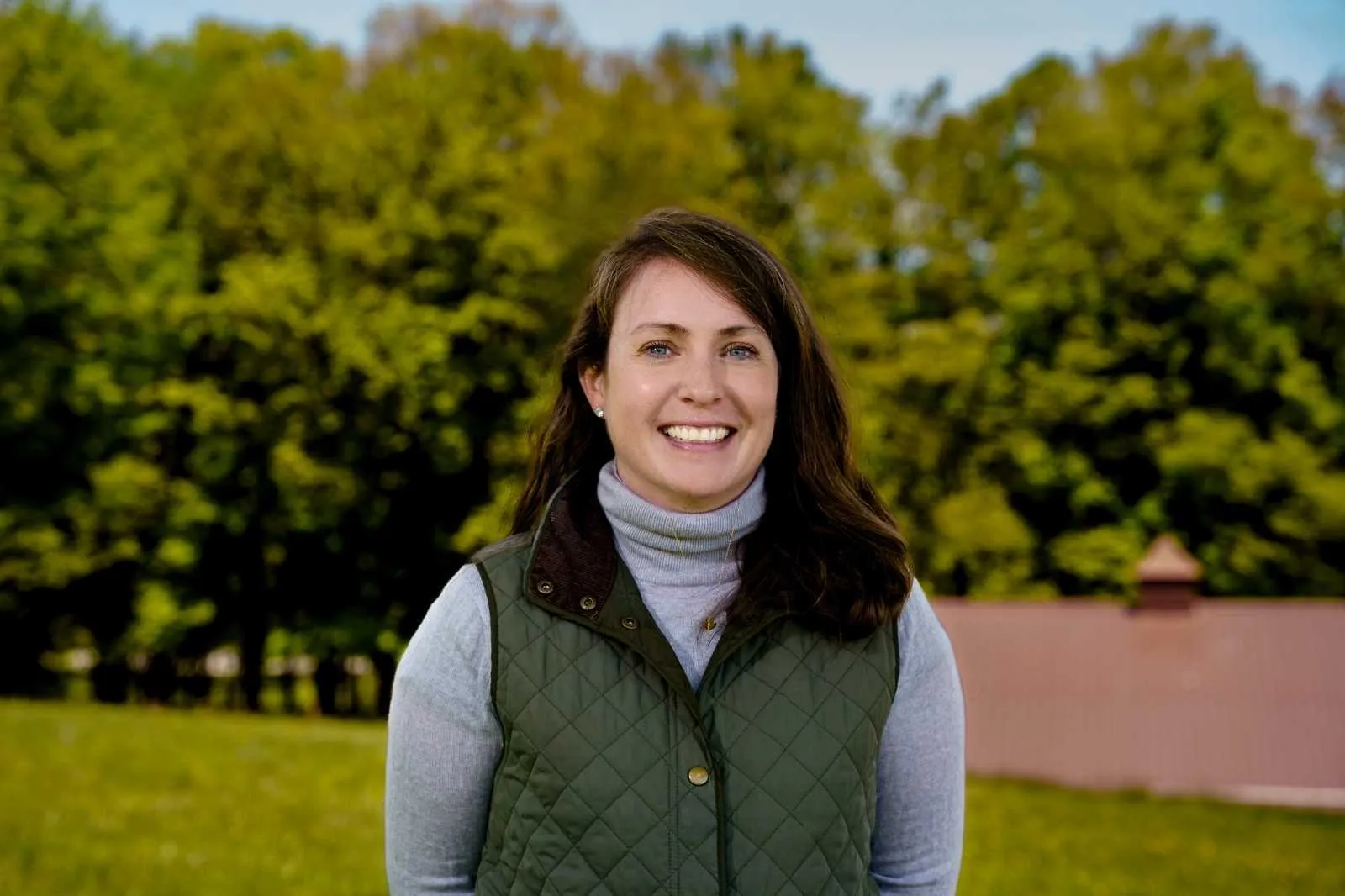New White Paper Sets Bar for Quality in Forest Carbon Projects

Family Forest Carbon Program Addresses Common Challenges to Integrity in Methodology and Project Design
WASHINGTON, D.C. (November 12, 2024) – This week, the American Forest Foundation, a nonprofit organization that empowers family forest owners to create meaningful conservation impact, released its latest white paper, “type: asset-hyperlink id: c158gWoCdPlajy30mBlsq." The paper discusses the common challenges that IFM projects face in the voluntary carbon market and details four key elements the Family Forest Carbon Program (FFCP) focuses on to ensure high quality: additionality, permanence, leakage, and social integrity.
“Now more than ever, project developers must build the highest standards of quality into their project designs,” said Lynn Riley, Lead Scientist at the American Forest Foundation. “Our approach to the key elements of high quality ensure FFCP maximizes its climate impact for family forest owners, our corporate buyers, and the planet.”
Standards bodies like the Integrity Council for the VCM (IC-VCM) and the Voluntary Carbon Market Integrity (VCMI) initiative among others have begun the hard work of setting the bar for quality for the entire global market. Additionality, permanence, leakage, and co-benefits, among other factors, have been named as major elements to defining high quality carbon projects by these bodies.
However, in the aftermath of the U.S. election and ahead of COP29 negotiations around Article 6 of the Paris Agreement, the universal standardization for carbon credit usage to maximize natural climate solutions has become more tenuous than ever. With such uncertainty in the public and private regulatory landscape, project developers must remain steadfast in their commitment to quality through the latest developments in science and accounting.
This focus becomes even more critical given that globally to date, only 1.2% of the annual potential of nature-based solutions has been unlocked by the VCM - partially driven by corporate concerns about project quality.
Already, FFCP is an exemplary provider of natural climate solutions practices in North America, empowering rural small-acreage landowners who otherwise would not have access to the financial opportunities of the voluntary carbon market. This white paper serves as a template for project developers to combine the use of high-quality methodologies with best-in-class project design to create the highest climate impact - for investors, landowners, and the planet. AFF has a steadfast commitment to constantly improving FFCP’s practices to address these challenges as science, technology, and carbon accounting methods evolve.
The full report can be found type: asset-hyperlink id: c158gWoCdPlajy30mBlsq.
For more information about the Family Forest Carbon Program, please visit www.familyforestcarbon.org.
##
About The American Forest Foundation
The American Forest Foundation is a national conservation organization that empowers family forest owners to make meaningful conservation impact. The organization’s flagship program, the Family Forest Carbon Program, helps landowners implement forest management practices to protect the health of their woodlands and help the planet. To learn more about the American Forest Foundation and the Family Forest Carbon Program, visit www.familyforestcarbon.org.
Related Articles

February 12, 2026
Fields & Forests Plants its Millionth Tree
AFF celebrated the millionth planting on recently enrolled landowner Portia Fulford’s property near Montgomery, Alabama. AFF was joined by several key partners, including the Arbor Day Foundation, the Alabama Forestry Commission, the Alabama Forestry Association, Help for Landowners, and Funga.

February 11, 2026
Building Momentum & Impact: A Look Back at 2025
As we look back on 2025, one thing is clear: the Family Forest Carbon Program community continues to grow in both scale and impact. From enrolling new landowners to delivering verified carbon credits and expanding landowner support, this past year brought significant milestones for family-owned forests across the country.

February 3, 2026
Reflecting on 2025 and Looking Ahead
Happy New Year from the Family Forest Carbon Program team! It’s been a tumultuous year, to say the least, so I hope you’ve all been able to find some peace, prosperity and perspective enjoying your farms, fields, and forests with your families. As I reflect on our community, it’s clear we have so much to be grateful for.